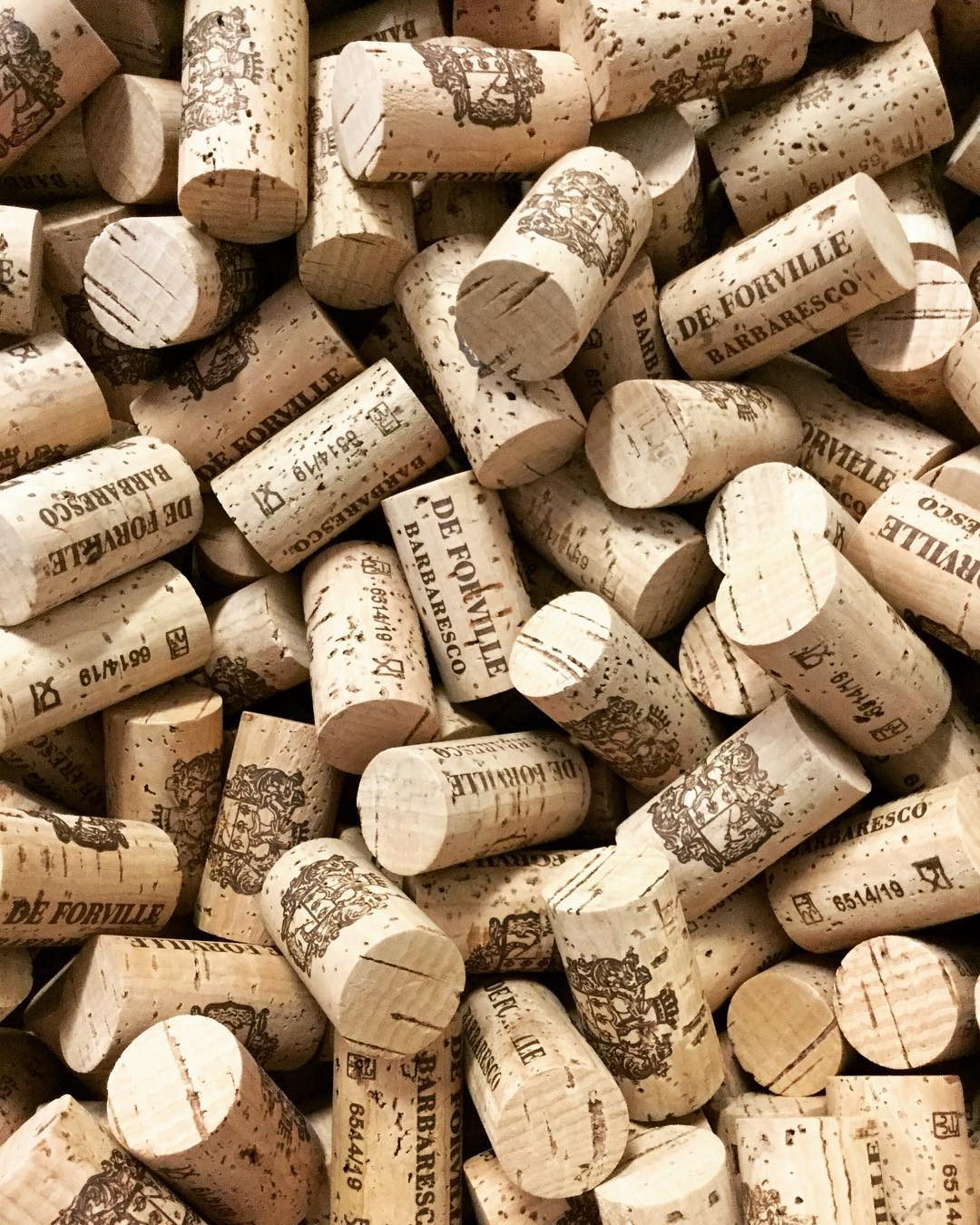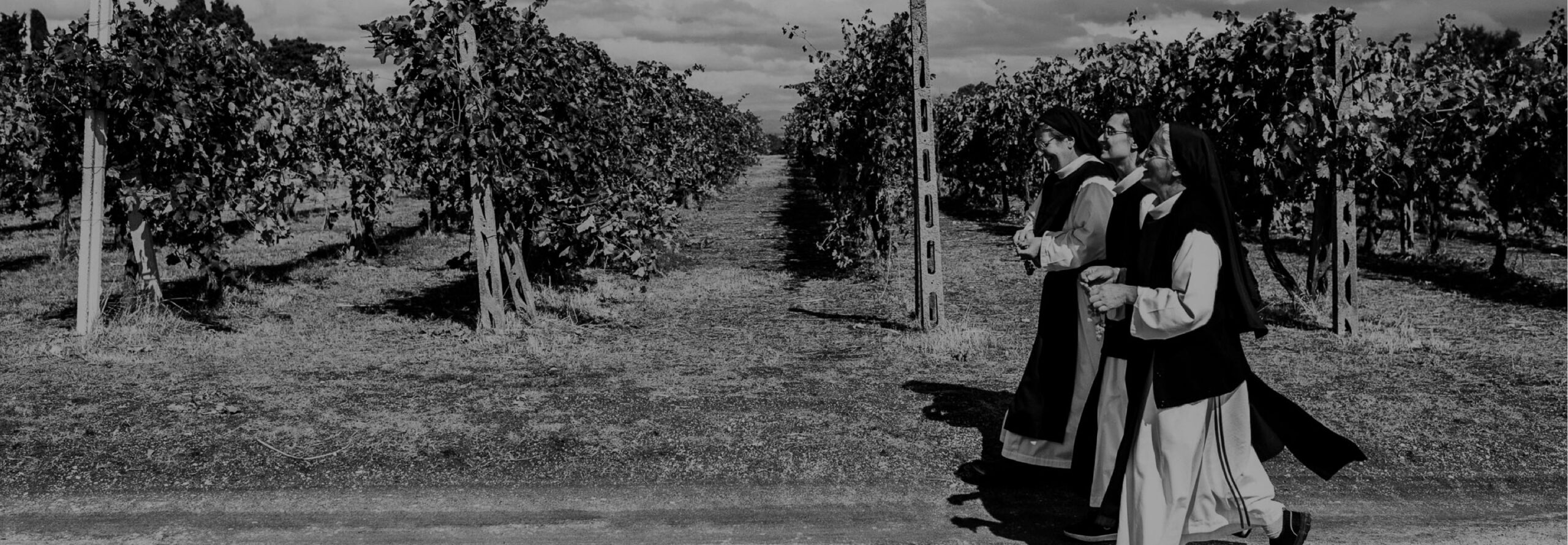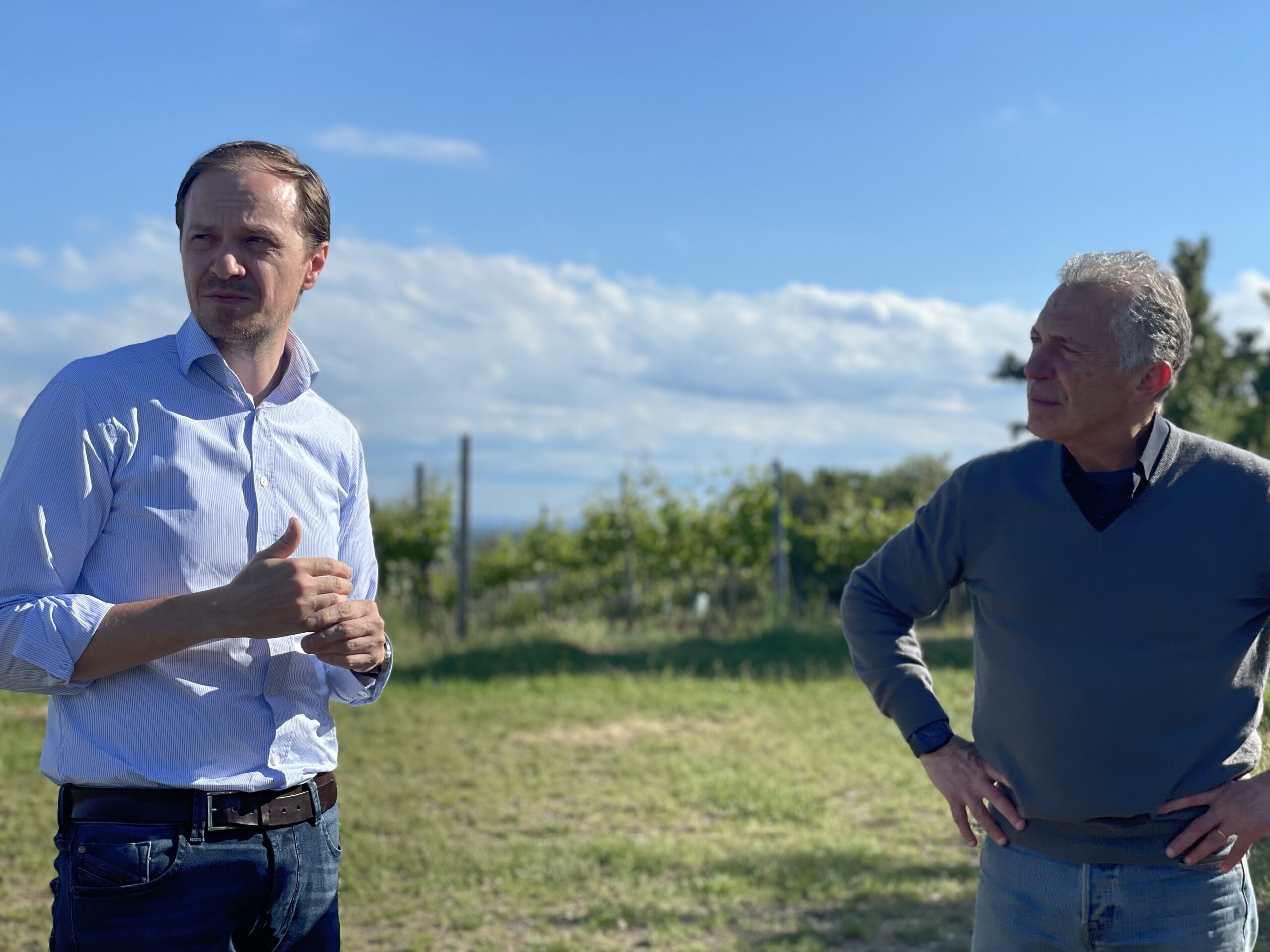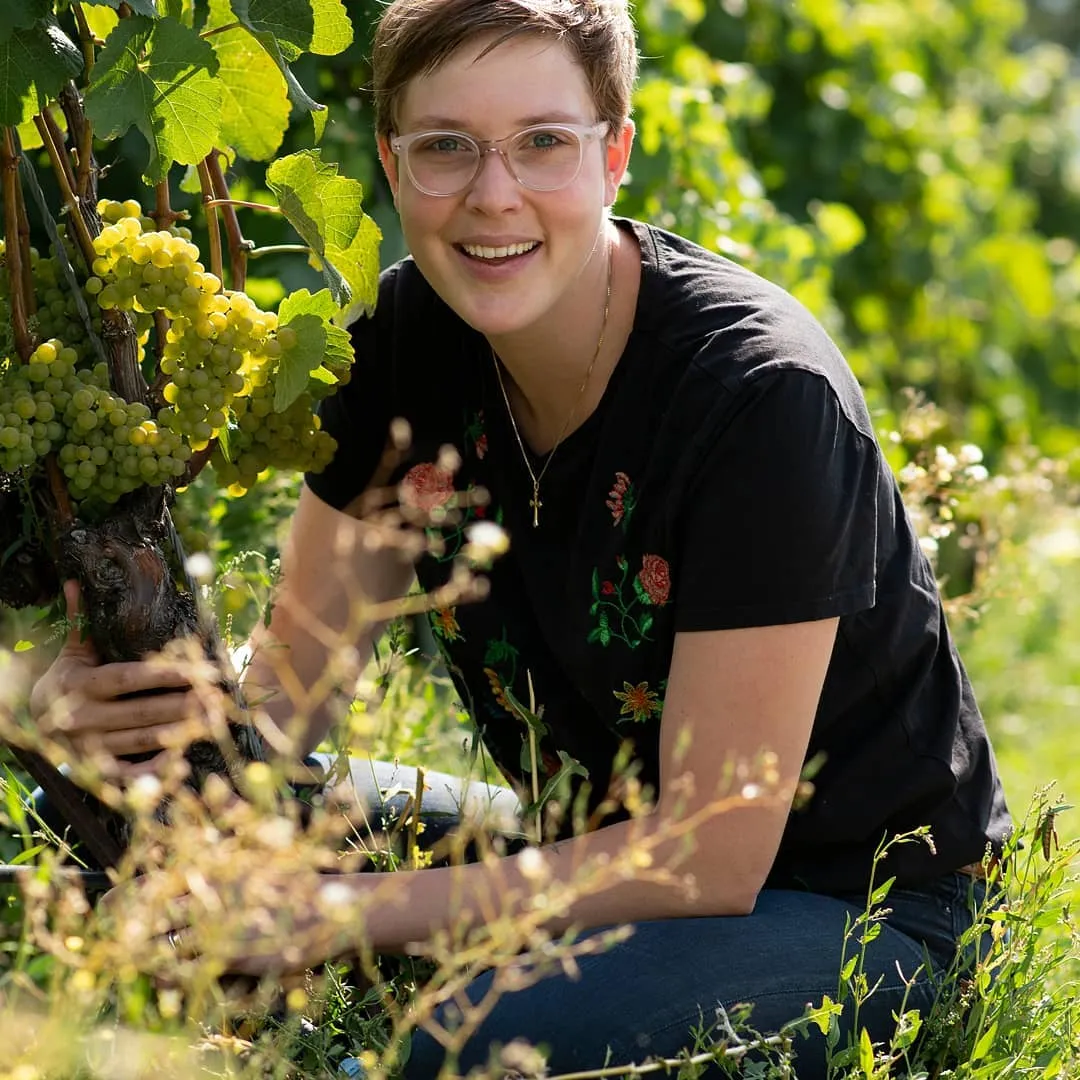
A pioneer in Piedmont: De Forville was one of Neal’s first growers
In The Wall Street Journal‘s recent piece “That Wine You Can’t Get Enough Of? These Guys Probably Discovered It” by Lettie Teague, she profiles the visionary work of Neal Rosenthal and his contemporaries.
“If you want to be certain that a wine is good, turn the bottle around and look at the back label.
Over the last several decades, American wine lovers learned to heed that advice thanks in large part to Kermit Lynch, Neal Rosenthal and Terry Theise—two importers and an importer-consultant, all three wine-business legends. Any one of their names on a bottle’s back label came to be regarded as a good-wine guarantee. (Mr. Lynch later moved his to the front.) The three scouted then-little-known wine regions such as Jura, France, and Kremstal, Austria, as well as famous places such as Burgundy and Champagne and discovered producers whose wines became quality benchmarks of their respective regions, if not the world.”
Teague goes on to describe Neal’s early work in Piedmont and his reflections on how the industry has changed since he started out.
“Mr. Rosenthal was a pioneer in Piedmont, and many of his original producers remain in his portfolio today. He recalled the early years in the region: “There were very few people out there. And a lot of producers weren’t bottling their own wines.” It was possible to drop in unannounced. (Lunch was usually offered.) “Now you need to make appointments,” he said.
He’s seen the wine game change from “an old-fashioned trade to big business—there is so much at stake,” he observed. And a wine that might once have remained in a producer’s cellar aging for years is sold far more quickly today. “People want their money back,” he said.
Mr. Rosenthal, now 77, remains very much in business. He even obtained a special permit during the pandemic to go scouting overseas, where he discovered new talent in places where he’d never conducted business before. In Puglia, Italy, for example, Mr. Rosenthal found “an extraordinary producer” whose wines he is now importing.”
To read the full article in The Wall Street Journal, please click here.
Related


